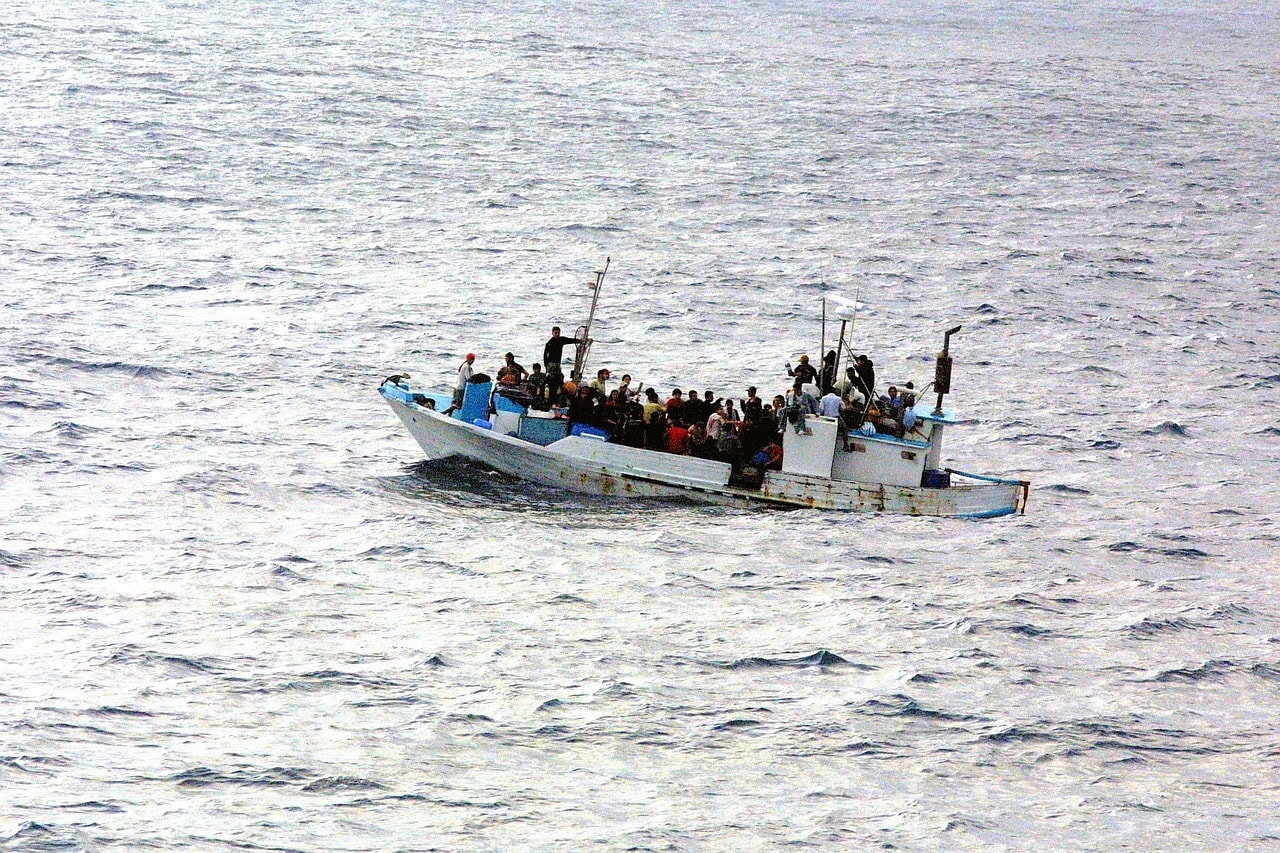At the peak of the migrant crisis spurred by the war in Syria, 193 United Nations (UN) Member States came together to adopt the New York Declaration for Refugees and Migrants in September 2016 to jointly address the issue of movement of refugees and migrants. Currently, a global compact for safe, orderly and regular migration and a global compact on refugees is under negotiation.
These compacts are not legally binding but the results of the negotiation and consultation process will pave the way for dealing with the issue of migration in a responsible, equitable and cooperative manner. The successful development, adoption and implementation of the compacts provides the international community with an opportunity to prepare for and deal with an issue that is only expected to get more critical with climate change.
It has already been pointed out that the compact on refugees has certain shortfalls. People falling out of the 1951 Geneva Convention definition of refugees will not be covered by the compact; for example, groups like internally displaced people (IDPs) or people forced to cross borders due to reasons such as lack of food and water security.
Responsibility sharing, a rather sensitive topic, has also been largely left out of the text. No binding or quota sharing system for redistributing refugees has been suggested by the compact.
It remains to be seen how world leaders and stakeholders will develop the compacts to ensure that refugees and migrants live a dignified life.
For more basic information on the Global Compacts, click here.



